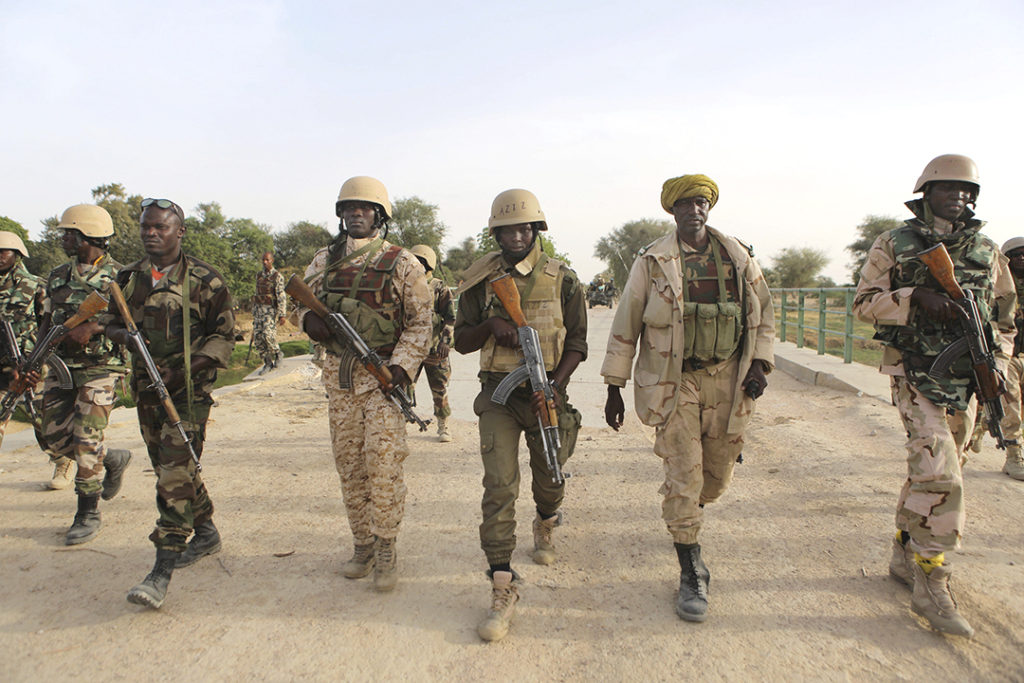U.S. Africa Command Staff
An ancient African proverb says, “When spider webs unite, they can halt a lion.” This bit of wisdom shows what we all know intuitively: We’re stronger when we work together.
This is as true on the local level as it is in the realm of international security partnerships. Terror groups know no borders, and they take advantage of weak spots wherever they are found on the map. When one country adds pressure, terrorists shift their operations to a safe haven in a neighboring country.
This is what makes regional partnerships so important.
We have seen the value of these partnerships in the fight against the terror group Boko Haram. After the group consolidated territory in northeast Nigeria, it sought to expand by launching attacks and recruiting followers in the neighboring countries of Cameroon, Chad and Niger. But the nations of the region chose to face the threat together. They activated the Multinational Joint Task Force, which is authorized for up to 8,700 troops and has begun to win back territory through air and ground campaigns.
The regional approach means that Boko Haram has been unable to find a safe haven. The right of pursuit allows a nation’s military to cross borders to chase terrorists trying to escape justice. The sharing of intelligence and assets among regional partners means that one country’s strength becomes the region’s strength. Against this type of united front, Boko Haram has grown weaker and more fractured.
We’re seeing these types of alliances forming across the continent and around the world. When an emergency hits, countries no longer wait for a United Nations mission to be established. They’re taking action. Leaders at the subregional level are increasingly aware that they have a responsibility to manage shared threats. Whether it is through regional organizations or through ad hoc partnerships, security alliances are vital. When there is no weak link in the chain of regional security, we’re all safer.

